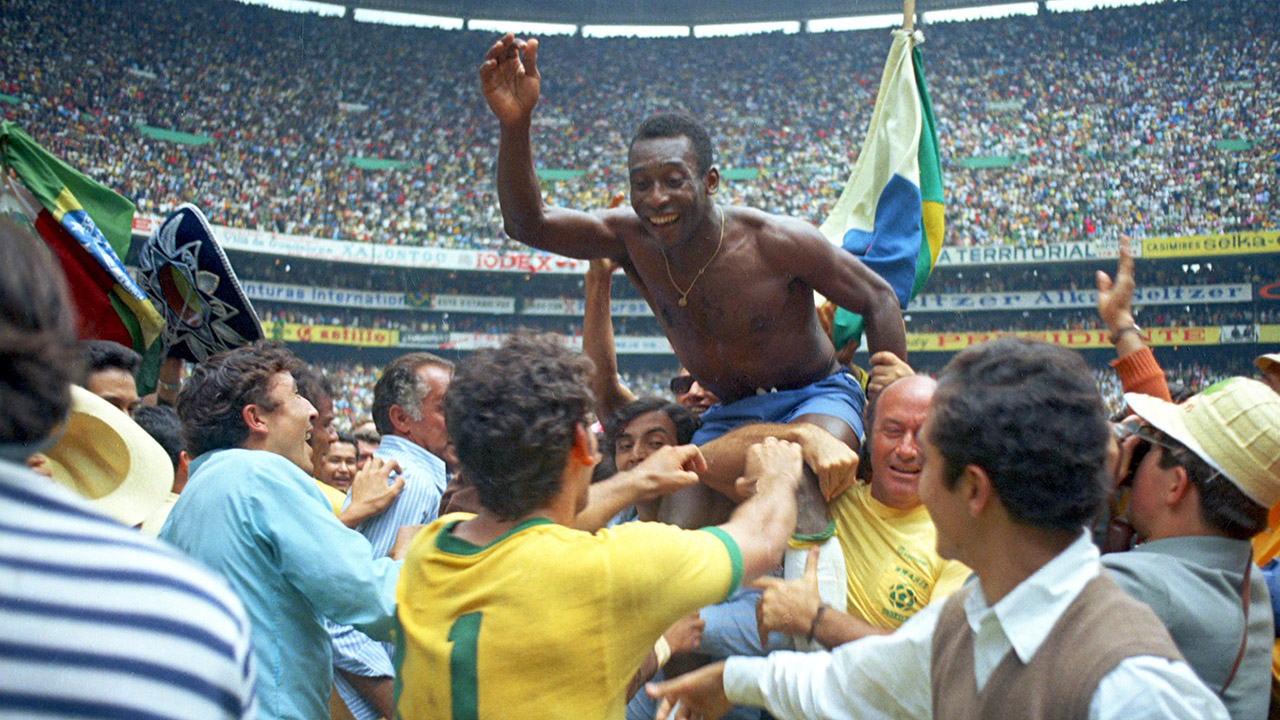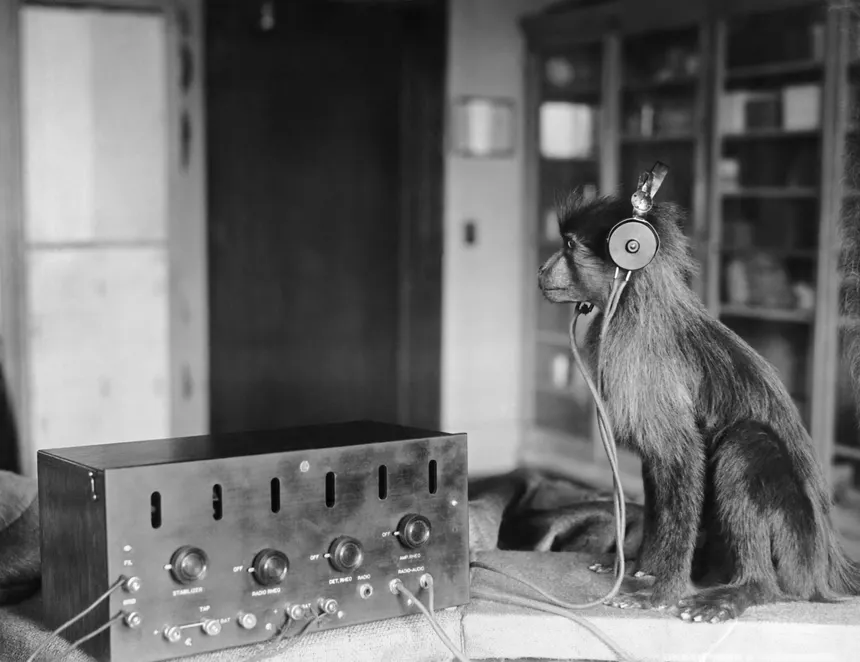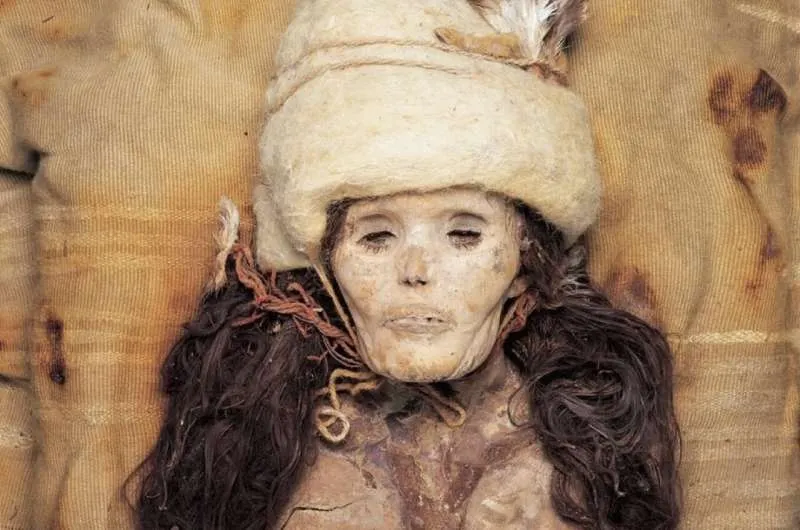“The World Cup: A Complete History of Football’s Greatest Tournament”

The FIFA World Cup is more than just a sporting event—it’s a global celebration of culture, competition, and unity. Held every four years, the tournament brings together the best national teams from around the world to compete for football’s highest honor. Since its inception in 1930, the World Cup has grown into the most-watched sporting spectacle on the planet, shaping legacies, politics, and the beautiful game itself.
Origins of the World Cup
Before the World Cup existed, football competitions were largely regional or part of the Olympic Games, which first included football in 1900. However, the Olympics restricted participation to amateur athletes, limiting the sport’s development.
Enter Jules Rimet, the visionary FIFA president who proposed an international tournament for professional national teams. His dream became reality in 1930, when the first FIFA World Cup was held in Uruguay, who went on to win it on home soil.
The Early Years (1930–1938)
- 1930 – Uruguay: The inaugural tournament featured just 13 teams, mostly from the Americas and Europe. Uruguay defeated Argentina 4-2 in the final.
- 1934 – Italy: Marked the first time teams had to qualify. Italy, under Mussolini’s regime, won amid controversy and political pressure.
- 1938 – France: Italy defended its title, but political tensions (including the Spanish Civil War and Nazi influence) foreshadowed World War II.
No tournaments were held in 1942 or 1946 due to the war.
Post-War Revival & Expansion (1950–1970)
- 1950 – Brazil: The tournament returned, but was marred by withdrawals and the shocking upset of Brazil by Uruguay in the final match—known as the Maracanazo.
- 1954 – Switzerland: West Germany stunned the world by defeating the heavily favored Hungarian team in the “Miracle of Bern.”
- 1958 – Sweden: A 17-year-old Pelé burst onto the scene, helping Brazil win their first title and launching a football dynasty.
- 1966 – England: England lifted their first (and only) trophy, defeating West Germany in a final famous for Geoff Hurst’s hat-trick and a controversial goal.
- 1970 – Mexico: Brazil won a record third title with one of the greatest teams ever, led by Pelé, who became the first player to win three World Cups.
The Modern Era Takes Shape (1974–1994)
- 1974 – West Germany: Introduced a new format with two group stages. West Germany won on home soil, defeating Johan Cruyff’s revolutionary Dutch “Total Football” side.
- 1978 – Argentina: Another politically charged event. Argentina won under a military dictatorship, defeating the Netherlands in the final.
- 1982 – Spain: Expanded to 24 teams, with memorable matches including Italy’s Paolo Rossi-inspired run to the title.
- 1986 – Mexico: Diego Maradona delivered one of the most iconic individual performances in history, including the “Hand of God” and “Goal of the Century” against England.
- 1990 – Italy: Marked by tight defenses and drama. West Germany beat Argentina in a rematch of the previous final.
- 1994 – USA: Football’s growth exploded, especially in the U.S., despite the final (Brazil vs. Italy) being decided by penalties for the first time.

Globalization and Technology (1998–2018)
- 1998 – France: The tournament expanded to 32 teams, and the multicultural French team led by Zinedine Zidane beat Brazil to win their first title.
- 2002 – South Korea & Japan: First World Cup in Asia and the first co-hosted. Surprise runs by South Korea and Senegal shocked the world. Brazil won their fifth title.
- 2006 – Germany: Italy claimed their fourth title, defeating France in a final famous for Zidane’s headbutt.
- 2010 – South Africa: The first World Cup in Africa, symbolizing inclusion and legacy. Spain won with a golden generation of midfielders.
- 2014 – Brazil: Germany crushed host nation Brazil 7-1 in the semi-final in one of the most shocking results ever. They went on to defeat Argentina in the final.
- 2018 – Russia: A well-organized tournament with exciting upsets. France, led by Kylian Mbappé, won their second title.
2022 – Qatar: A World Cup of Firsts
- First World Cup held in winter (November–December) to avoid Qatar’s summer heat.
- First in the Middle East and the most expensive World Cup in history.
- Featured upsets (Saudi Arabia defeating Argentina), drama, and an epic final.
- Argentina, led by Lionel Messi, won their third title in what many consider the greatest final ever, beating France in penalties after a 3-3 draw.
Impact and Legacy
The World Cup has had a profound cultural and political impact:
- Promotes national identity and pride.
- Reflects global geopolitics (e.g., Cold War, post-colonial Africa).
- Drives economic investment and controversy over human rights and corruption (as seen in Qatar and Russia).
- Boosts the sport’s popularity worldwide, especially in regions like Asia, Africa, and North America.
It has also created footballing legends—Pelé, Maradona, Ronaldo, Zidane, Messi, Mbappé—and iconic moments that unite billions in collective memory.
Looking Ahead: The 2026 World Cup
The 2026 FIFA World Cup will be co-hosted by USA, Canada, and Mexico, and expanded to 48 teams, promising:
- Greater global representation.
- New formats and challenges.
- Massive viewership and commercial impact.
Conclusion
From its modest beginnings in 1930 to becoming a global unifying force, the FIFA World Cup is far more than a tournament. It is a celebration of human potential, diversity, rivalry, and passion. For one month every four years, the world speaks a single language—football—and the World Cup remains its most powerful expression.





